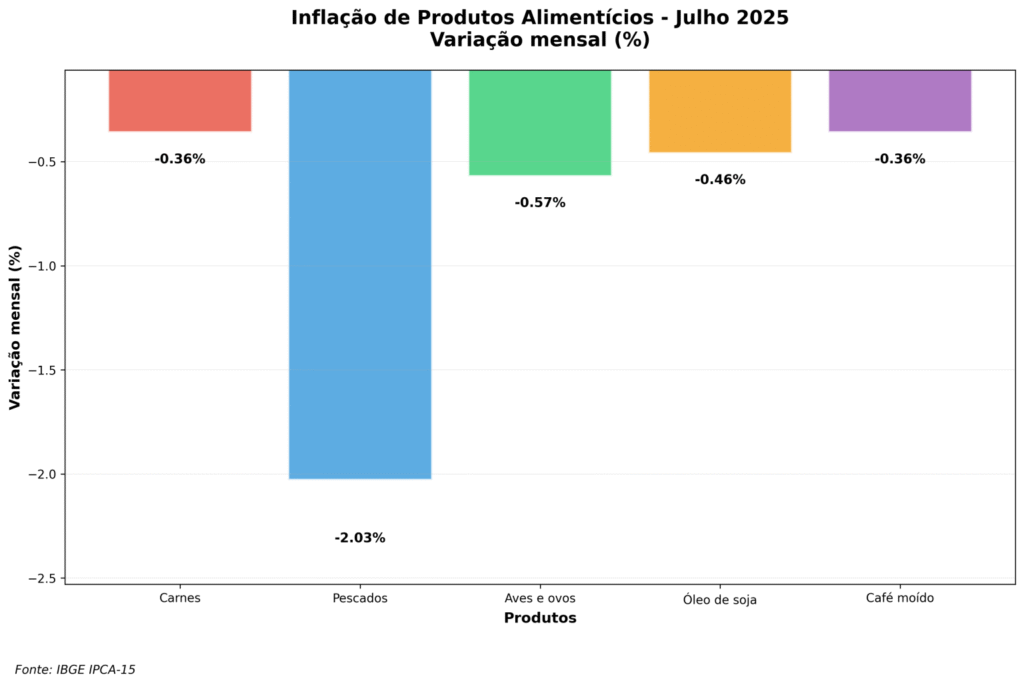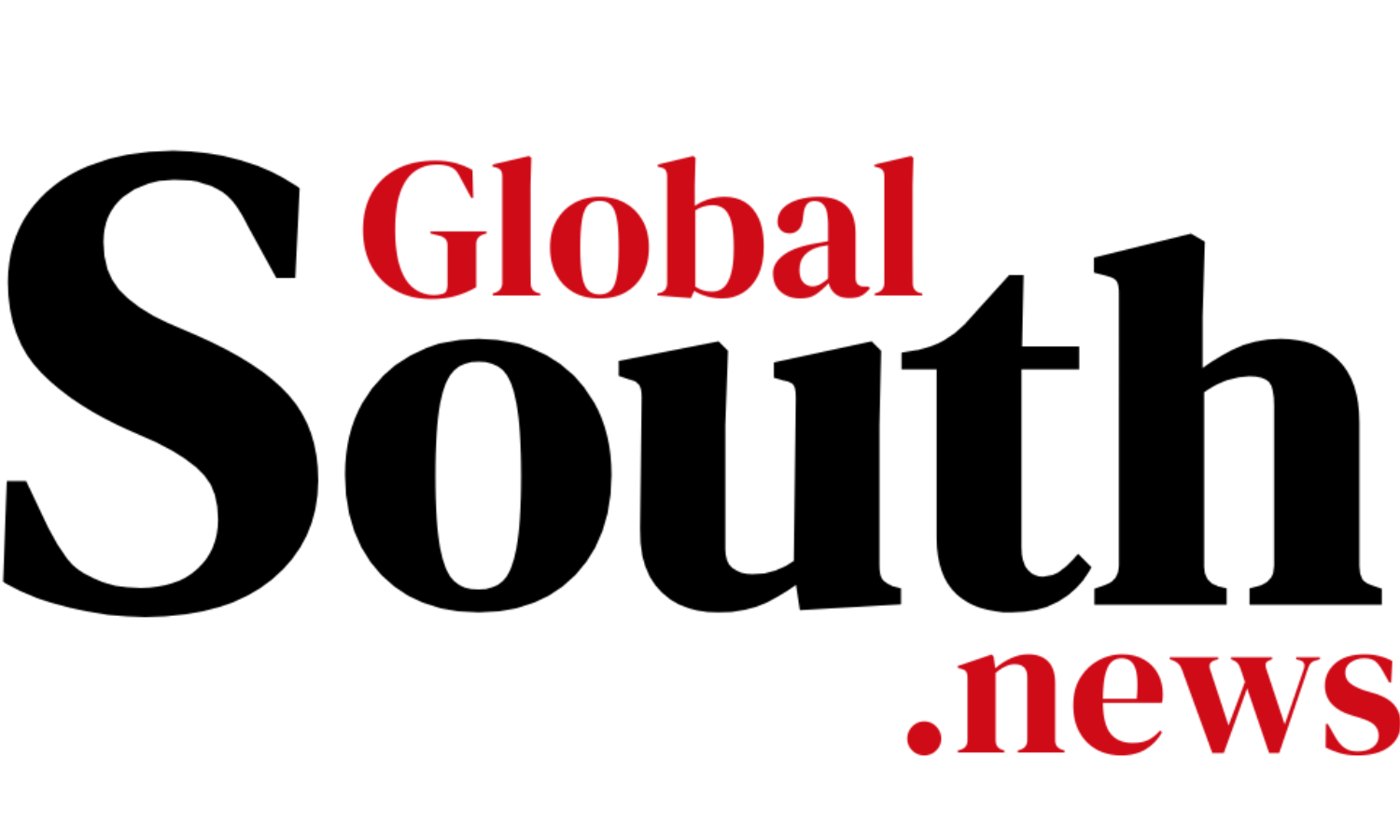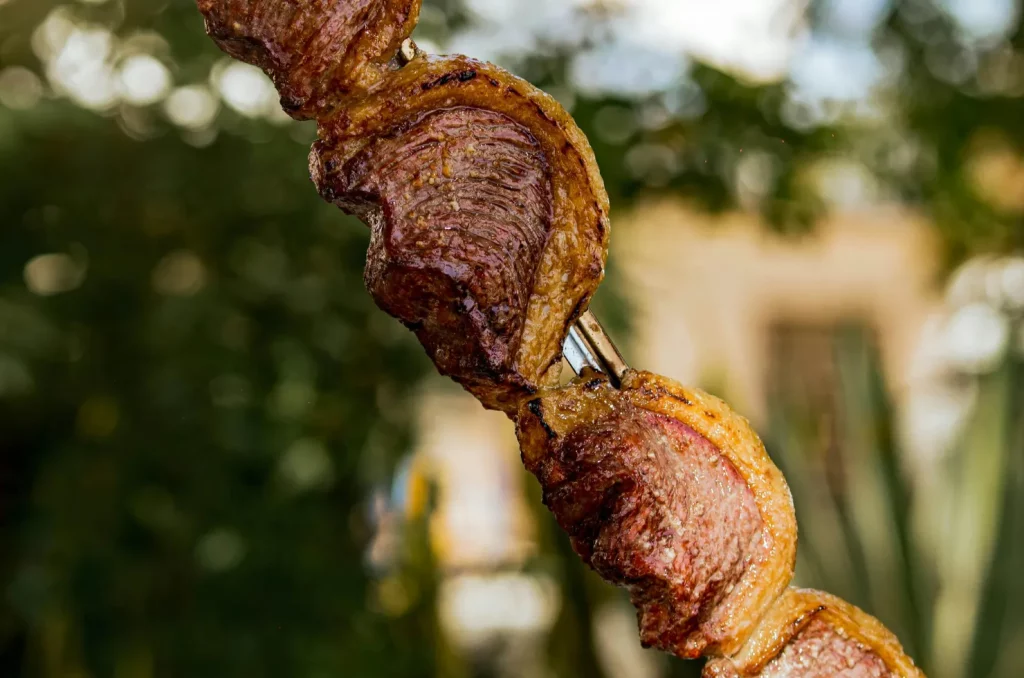
Food inflation continues to fall, according to the IBGE.
While “Bolsonaristas” (Far-right supporters of former President Bolsonaro are currently on trial for attempting a coup and planning the assassinations of current President Lula, Vice President Alckmin, and Supreme Court Justice Alexandre de Moraes) strive to promote a campaign that “Brazil is going to collapse,” reality doesn’t seem to be paying much attention to these efforts. The economic scenario remains dynamic, and inflation is under control. Food prices, in particular, continue to decline, which is crucial for the poorest segments of the population. There’s a double irony in the “Bolsonaristas'” efforts: by trying to convince the American government to adopt gigantic tariffs against Brazilian products, they may be leading the United States to take measures that will increase food inflation there. Meanwhile, if these Brazilian foods – meats, coffee, oranges, fruits, fish, and other products – cannot access the American market due to tariffs, they end up with a surplus for the Brazilian market, pushing prices down.
Official figures confirm this trend. The IPCA-15 is the second most important inflation indicator in the country, after the official IPCA, with no major methodological differences and released 15 days earlier. The index released today (07/25/2025) by the IBGE recorded another respite for the consumer’s pocket in July. For the second consecutive month, the Food and Beverages group saw prices fall, this time by -0.06% in July, after a -0.02% decrease observed in June. For those who shop at the supermarket, the good news gets even better: food consumed at home saw a -0.40% drop in July, an even sharper decrease than that recorded in the previous month of June.
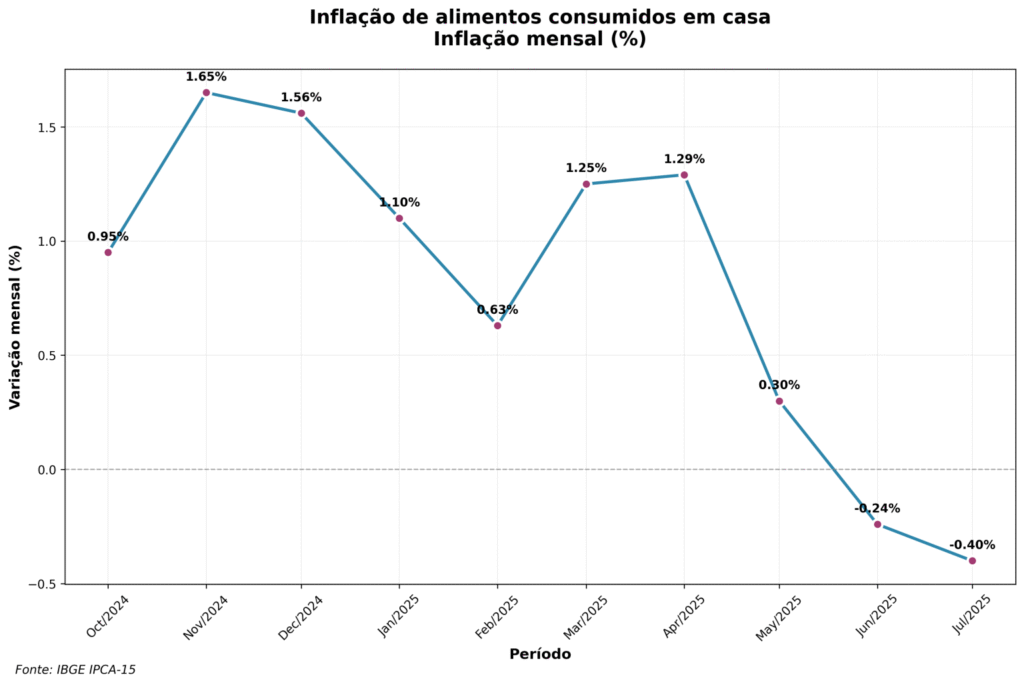
Overall inflation measured by the IPCA-15, in turn, was 0.33% in July, slightly above the 0.26% recorded in June. In the accumulated 12-month period, the index reached 5.30%, remaining at controlled levels and close to the inflation target.
Meats in general registered a drop of -0.36% in July, with picanha specifically seeing an even more expressive reduction of -1.74%. Despite the recent improvement, meats still show an increase over the 12-month period, reflecting previous inflationary pressures. For those who don’t like red meat and prefer fish, the news is even better: fish prices plummeted -2.03% this month. Poultry and eggs also contributed to the relief at the butcher shop, with a decrease of -0.57%.
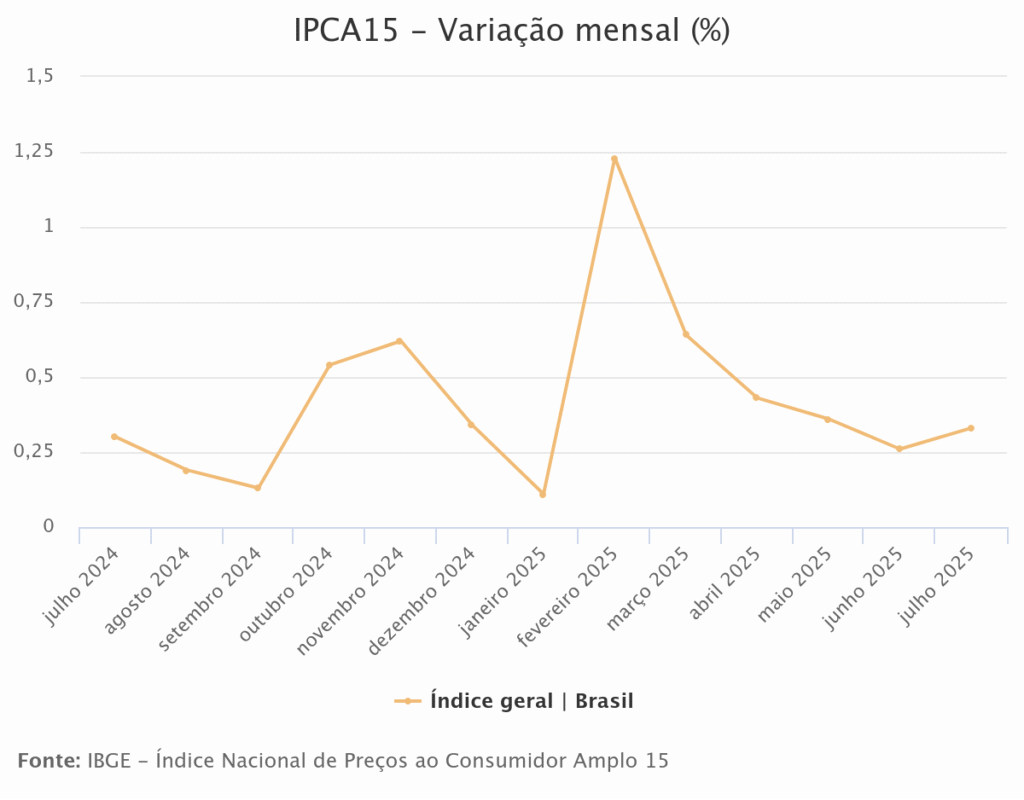
The drop in the price of Brazilian meat may already have been influenced by the “Bolsonarista” antics of convincing Trump about tariffs. Since Brazil is a major exporter of this product to the United States, the protein that cannot go to the American market ends up being more available in Brazil, pushing prices down and benefiting the Brazilian consumer. A delicious irony: the more the “Bolsonaristas” try to harm the country, the cheaper picanha becomes on the Brazilian table. Ground coffee, which had been punishing lovers of the national drink with successive increases, finally gave a respite with a -0.36% drop in July. This is another example of how “Bolsonarista” efforts to harm Brazil prove to be a shot in the foot. The United States is the main buyer of Brazilian coffee, and if the Trumpist tariffs actually materialize, the coffee that cannot reach the American market will be more available in Brazil.
The result is that coffee, which was very expensive and had accumulated an impressive 48.2% increase in 12 months until June, is now beginning to show signs of relief in the domestic market. For a country that prides itself on producing one of the best coffees in the world, it is only fair that Brazilians can enjoy a cheaper cup of coffee while the “Bolsonaristas” continue their campaign of economic self-sabotage.
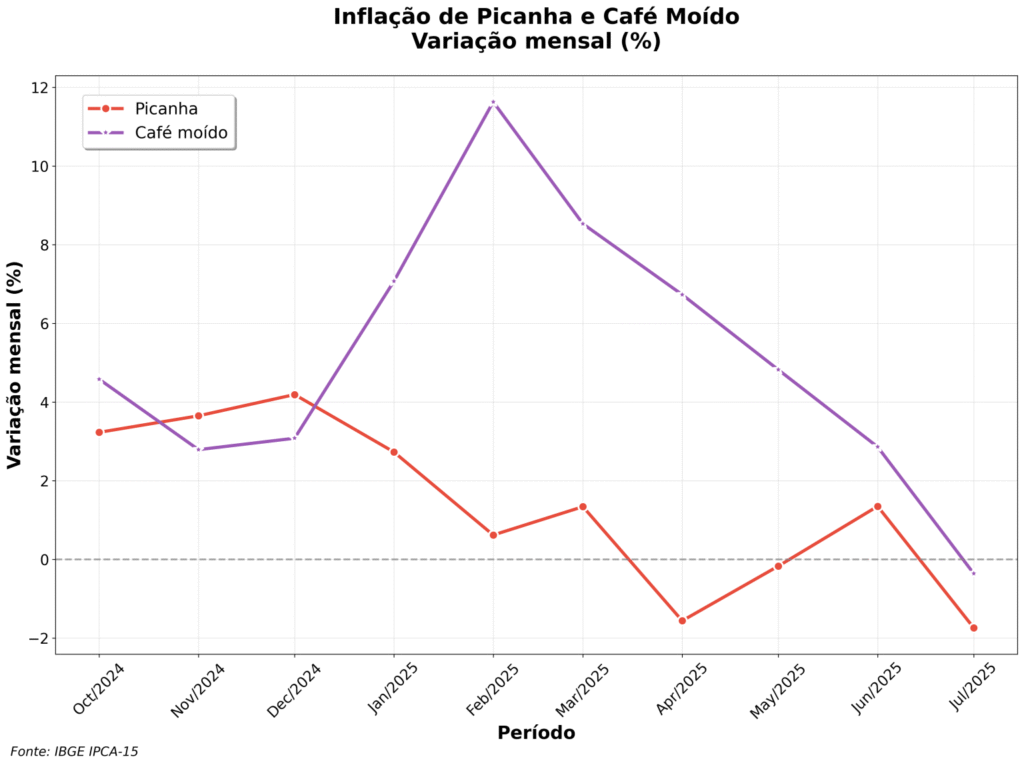
If the kitchen brought relief, urban mobility also played its part. Fuels registered widespread drops in July: vehicular gas led with a -1.21% decrease, followed by diesel oil (-1.09%), ethanol (-0.83%), and gasoline (-0.50%). For those who depend on a car or motorcycle to work, every cent less at the pump makes a difference at the end of the month. And bottled gas? Well, this one practically stayed at break-even, with a symbolic increase of just 0.09% in July. For a product that is present in 91% of Brazilian households and represents a significant weight in the budget of the poorest families, this stability is important. After all, with a gas cylinder costing between R$ 130 and R$ 154 – about 10% of the minimum wage – and lasting an average of 50 days, any significant increase would be immediately felt in the household budget.
In the universe of products that are part of family routines, July brought good news. For families with babies, disposable diapers had a symbolic increase of just 0.08%. Anyone with young children knows that diapers are a certain and constant expense – so any stability in this item is welcome. After all, babies don’t negotiate when to do their business, and parents are grateful when at least the price of diapers doesn’t become an additional headache. Toilet paper, an indispensable item in any home, had a modest increase of 0.43% in the month, but has accumulated only 3.06% in 12 months – a well-behaved inflation for an essential product. Analgesics and antipyretics, those faithful companions for headaches and fevers, rose only 0.05% in July – practically stable. Good news, considering that medicine is a first-necessity item that nobody likes to buy, but everyone needs to have at home.
The favorable economic scenario is completed by the latest labor market data. According to the IBGE, Brazilians’ income has been growing above inflation recently. In the latest update of the PNAD Contínua, the average monthly income of Brazilian workers grew 3.1% in 12 months, reaching R$ 3,457. This growth is already discounted for inflation, representing a real increase in the purchasing power of the Brazilian worker.
For President Lula, this downward trend in food prices can represent an important breather. Historically, food inflation is one of the factors that most influence governmental approval, especially among the popular classes that form the Workers’ Party’s electoral base. When food becomes cheaper, the government reaps the political fruits; when it becomes more expensive, it feels the weight of popular dissatisfaction. In addition to cheaper food, more affordable fuels, stable public transport prices, and essential products with controlled inflation have been providing relief to family budgets. It’s no wonder that the government announced the departure of nearly 1 million Brazilians from the Bolsa Família program due to improved income.
On the other hand, some items registered an increase and put pressure on the consumer’s wallet. Residential electricity led the increases with 3.01% in July and accumulates 6.57% in 12 months, being the main reason why the IPCA-15 did not fall further, despite the drop in food prices. With the red tariff flag in effect, charging R$ 4.46 for every 100 kWh consumed, the electricity bill continues to be a thorn in the side of Brazilian families.
App-based transport soared 14.55% in the month and accumulated an impressive 20.61% in 12 months. For those who depend on Uber or 99 to get around, the wallet certainly feels it. In contrast, public transport offered relief: urban buses became -0.44% cheaper in July, but accumulated an increase of 5.58% in 12 months, and the subway saw a reduction of -0.14% in the month, accumulating 2.90% in 12 months. It’s the kind of scenario that makes consumers rethink whether it’s better to go back to public transport or, perhaps, invest in a bicycle.
Airfares also decided to fly high, with a 19.86% increase in July. Despite the monthly surge, they still show a decrease of -13.28% in 12 months. This is the famous “July vacation” effect, when demand for travel soars and prices follow suit. For those who planned to travel in July, the bill was steep; for those who can wait, the annual scenario is still favorable. Health plans incorporated the adjustments authorized by the ANS with a 0.35% increase in the month and accumulated 6.78% in 12 months.
Meanwhile, streaming services maintained low inflation, accumulating just 0.99% in 12 months. Internet access services remained completely stable, with no variation in either July or the accumulated 12-month period (0.00%).
If upcoming polls maintain the trend of recovering President Lula’s popularity that has already been observed, this will confirm the thesis that low food inflation is directly linked to improved presidential approval. For a government whose electoral base is concentrated in the popular classes, nothing is more decisive than food becoming cheaper on the Brazilian table.
